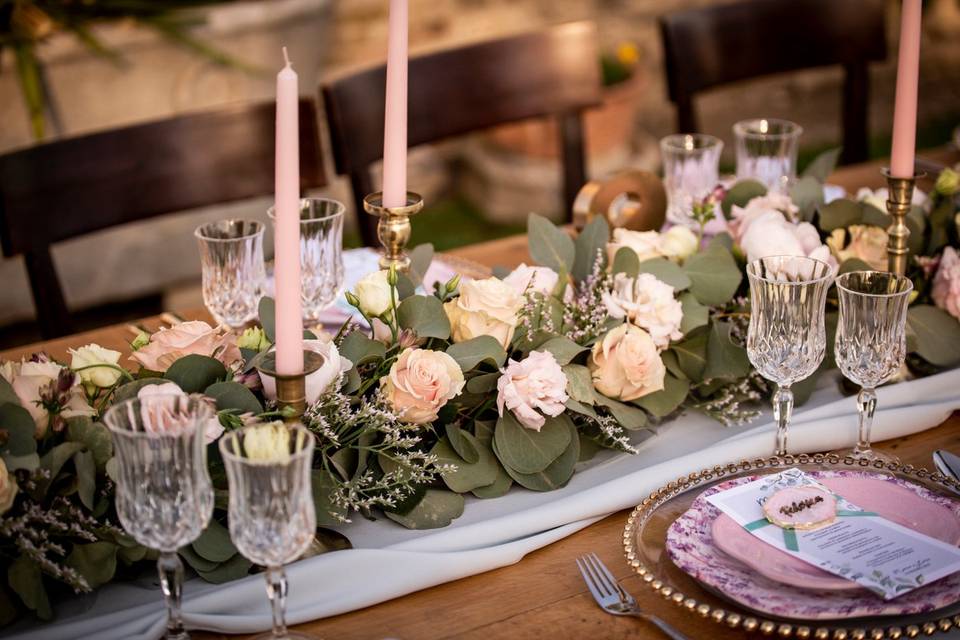Weddings are milestones that celebrate love, commitment, and the beginning of a new chapter in life. However, planning a wedding can be a complex and time-consuming process. This is where a wedding planner comes in, serving as a guide and advocate throughout the journey. In this article, we’ll explore what wedding planners do, the advantages of hiring one, and how to choose the right planner for your special day.

What is a Wedding Planner?
A wedding planner is a professional who assists couples in organizing their wedding. They bring expertise, creativity, and organization to the table, helping to ensure that the day goes smoothly. Key responsibilities of a wedding planner include:
- Consultation: Understanding the couple’s vision, preferences, and budget during initial meetings.
- Budget Management: Helping couples create and manage a budget that covers all necessary aspects of the wedding.
- Vendor Coordination: Sourcing and coordinating with vendors such as caterers, photographers, and florists to ensure quality service.
- Timeline Development: Creating a detailed timeline that outlines wedding planner torino the schedule for the wedding day, including vendor arrivals and ceremony timing.
- On-the-Day Management: Overseeing the event to ensure everything runs smoothly and addressing any issues that arise.
Why Hire a Wedding Planner?
- Expert Knowledge: Wedding planners have extensive experience in the industry and are familiar with current trends, helping couples avoid common pitfalls.
- Stress Reduction: Planning a wedding can be stressful, but a planner can alleviate that pressure by managing the details and logistics.
- Creative Solutions: Planners bring fresh ideas and creative input, helping couples develop a unique vision that reflects their personality and style.
- Time Efficiency: A planner saves couples time by handling many of the tedious tasks associated with planning, allowing them to enjoy the process more.
The Wedding Planning Process
- Initial Consultation: This first meeting establishes the couple’s vision and budget, setting the foundation for the planning process.
- Planning and Budgeting: The planner helps outline the budget and offers guidance on where to allocate funds based on the couple’s priorities.
- Vendor Recommendations: The planner provides a list of trusted vendors and facilitates communication, ensuring all contracts and agreements are in place.
- Design Concept Development: Together, the couple and planner create a cohesive design concept, including color schemes, floral arrangements, and decor elements.
- Final Preparations: As the wedding day approaches, the planner finalizes all details, conducts rehearsals, and confirms that everything is on track.
Trends in Wedding Planning
The wedding industry is ever-evolving, with new trends constantly emerging. Some current trends include:
- Sustainable Weddings: More couples are prioritizing eco-friendly practices, such as using local vendors, sustainable materials, and minimizing waste.
- Destination Weddings: Couples are increasingly choosing unique locations for their ceremonies, turning their wedding into a travel adventure for guests.
- Micro Weddings: Smaller, more intimate weddings allow couples to focus on quality experiences with their closest friends and family.
- Tech Integration: The use of technology in planning, such as apps for organization and virtual meetings with vendors, is on the rise.
How to Choose the Right Wedding Planner
Choosing the right wedding planner is crucial for a successful wedding experience. Here are some tips to help in your selection:
- Research: Start by researching planners in your area. Look for online reviews and testimonials to gauge their reputation.
- Portfolio Review: Examine the planner’s portfolio to see their previous work and determine if their style matches your vision.
- Interviews: Schedule consultations with potential planners to discuss your needs and expectations. Pay attention to how well they listen and communicate.
- Clarify Services and Fees: Ensure you understand what services are included in their fees and ask about any additional costs. Transparency is key.
Conclusion
A wedding planner can be an invaluable asset in creating a seamless and memorable wedding experience. With their expertise, creativity, and organizational skills, they can help couples navigate the complexities of planning, ensuring that the focus remains on celebrating love. By choosing the right planner, couples can transform their wedding dreams into reality, making the journey as enjoyable as the destination. Whether you envision a grand affair or a cozy gathering, a skilled wedding planner can help you bring your vision to life.
